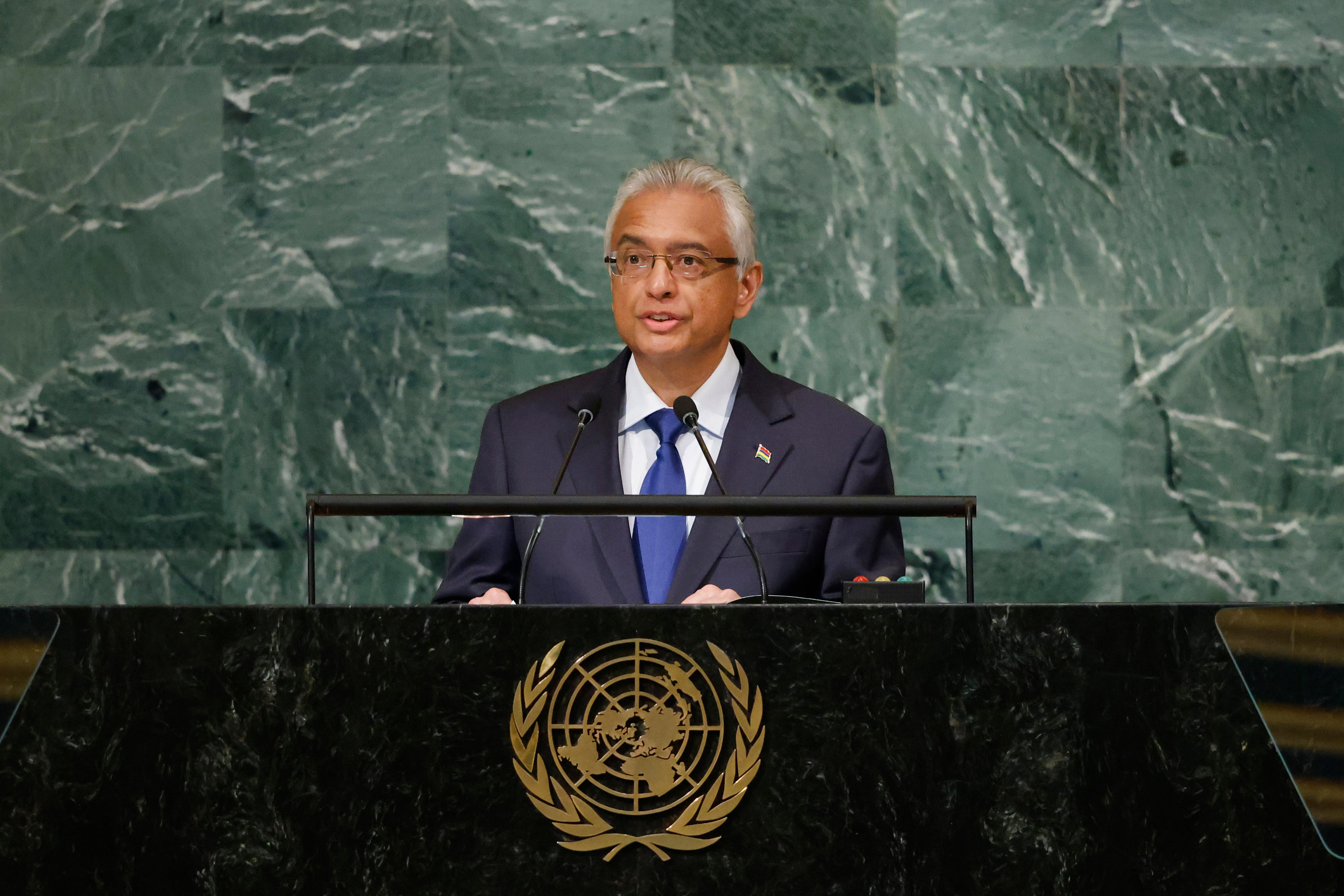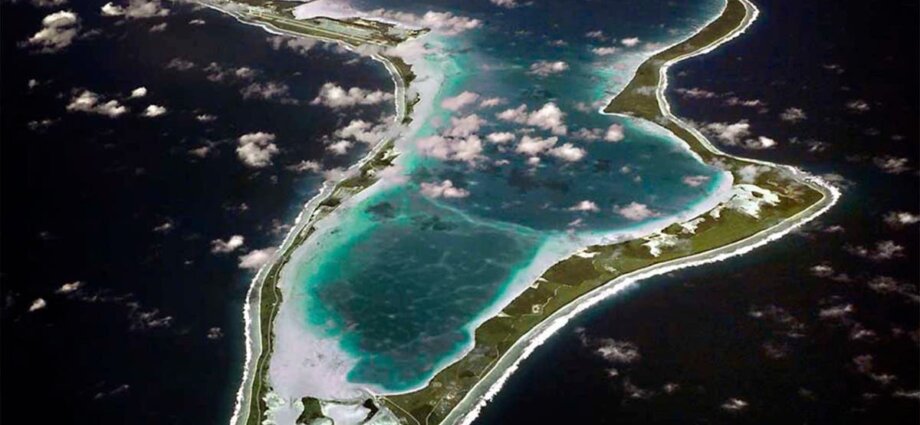Leaked recordings have sparked fears the British High Commission in Mauritius had its phones hacked around the time the UK opened negotiations for the handover of the Chagos Islands.
Audio of apparent discussions between the British high commissioner Charlotte Pierre and other political figures were featured on the Mauritian Facebook page Missie Moustass (Mr Moustache).
The clips are claimed to feature a conversation between Ms Pierre and local businessman Ken Arian, chief executive of Airport Holdings, who has recently welcomed the “decolonisation” of the Chagos Islands.
Sources told The Independent that the conversation is thought to have taken place around October or November 2022, meaning it is likely to have occurred towards the start of the negotiations over the Indian Ocean islands.
At one point, Ms Pierre can be heard saying: “I don’t have a prime minister at the moment”, adding: “You know what, I can say it now but we haven’t had a prime minister for two months”.

This was around the time Liz Truss was forced to resign as prime minister, not long after she had initiated the Chagos talks.
The Chagos issue is sensitive due to the secretive joint UK-US air base on Diego Garcia island. The deal struck by the government allows the UK to retain the facility for the next 100 years, but there are concerns the agreement will open up the islands to Chinese interference.
Murvind Beetun, an investigative journalist based in Mauritius, told The Independent a recording of one of his phone calls was leaked to the Facebook page.
He added: “The Facebook page has been brought down but the videos are still there on TikTok.”
Karen Walter, deputy chief editor of l’express in Mauritius, said the Facebook page featured what appeared to be leaked telephone conversations and WhatsApp messages from two former prime ministers, the current opposition leader and his predecessors, and other individuals in key constitutional roles.
She told The Independent: “Notably, the leaks also involve a diplomat from the British High Commission in Mauritius.”
The Informus podcast in Mauritius also highlighted the alleged tapped conversations. So far at least five journalists are also thought to have been targeted, including Mr Beetun.

Outgoing prime minister Pravind Jugnauth denied his administration was behind the suspected leaks during a youth political rally of the Alliance Lepep in his constituency, Quartier-Militaire–Moka. He denounced the recordings as “fabricated conspiracies and falsehoods”.
He claimed artificial intelligence is “being used to manipulate voices and create fake conversations”.
However, several victims of the phone tapping have claimed the recordings are genuine.
Mr Beetun told The Independent: “My conversation which was leaked yesterday reflects the truth, it’s not fabricated by AI. It was a conversation which dates back to 9 August 2022.”
Shakeel Mohamed, a senior barrister and former leader of the opposition in Mauritius and a candidate in the upcoming election for the Labour Party of Mauritius, said several phone calls he had made were also contained in the leak.
He said: “I came across many posts on Facebook and on TikTok of several conversations, and I came across two of them where I am speaking to the former prime minister and I was also speaking to her president of Labour in Mauritius. They were actual conversations that took place.
“For one thing, AI replication in creole, using that as a defence is preposterous. That doesn’t exist, that technology doesn’t exist in creole – it doesn’t exist with such precision.
“And I can confirm it is my voice, I recall that conversation. There are other conversations with judges and politicians in Mauritius. People I know, they have confirmed to me they were real.
“I am shocked and I am embarrassed as far as our reputation is concerned. This is not Mauritius.”
The officer of the commissioner of police in Mauritius also issued a warning that phone tapping is illegal.
A statement said: “The police remind the general public that it is illegal to tap and disclose using a communication or telecommunication device.”
The warning suggests the tapping may have come from local amateurs, adding: “An enquiry has been initiated with a view to authenticating the voices and identifying the malicious sources on Facebook.”
The Independent has approached the Foreign, Commonwealth and Development Office (FCDO) for comment.











